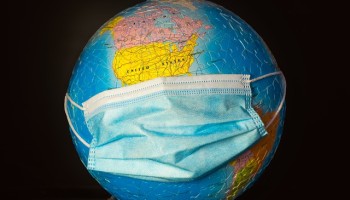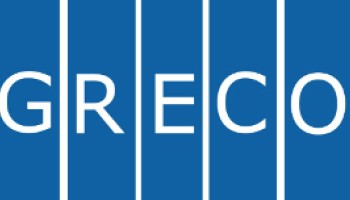Governments and institutions should pay special attention to procurement systems and possible bribery in medical-related services, according to President of the Council of Europe’s Group of States against Corruption (GRECO), Marin Mrčela.
They should also be focused on preventing corruption in the research and development (R&D) of new products, avoid risks of COVID-19-related fraud in both the public and private sectors, and increase the protection of whistleblowers in the health sector.
Mrčela stressed that the health sector is being particularly exposed due to surges in the immediate need for medical supplies and the simplification of procurement rules, overcrowded medical facilities and overburdened medical staff.
“As countries face undeniable emergencies, concentration of power, derogation of rights and freedoms, and as large amounts of money are infused into the economy to alleviate the crisis, corruption risks should not be underestimated,” Mrčela said.
He also warned of conflicts of interest and the role of lobbying, as well as fraud related to the marketing of counterfeit medical products, among others risks.
The guidelines instruct central, regional and local authorities to be transparent when deciding about measures to fight the pandemic and to subject themselves to oversight and accountability.
Transparency in the public sector, according to Mrčela, is one of the most important tools in corruption prevention -- whatever form the corruption takes. In times of emergency, public institutions must provide regular and reliable information, he said.
“We should not allow COVID-19 to compromise our values and our standards, including transparency and accountability. Digital information platforms, such as dedicated transparency portals, are valuable corruption-prevention tools and instrumental to protect the rule of law”, Mrčela said.





